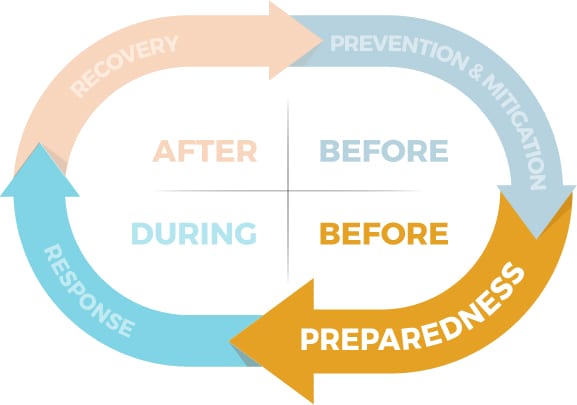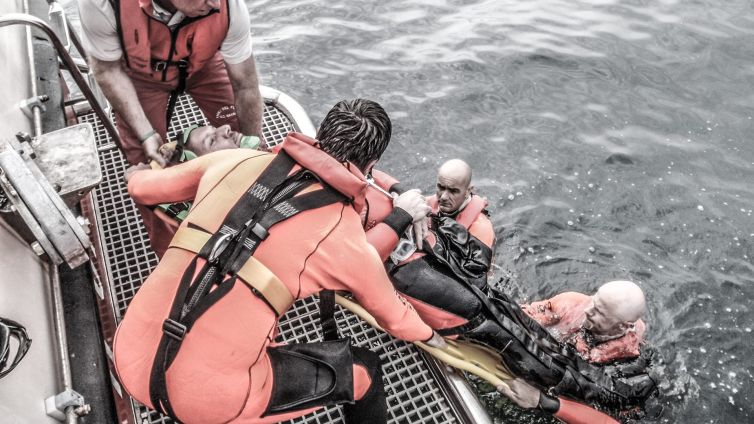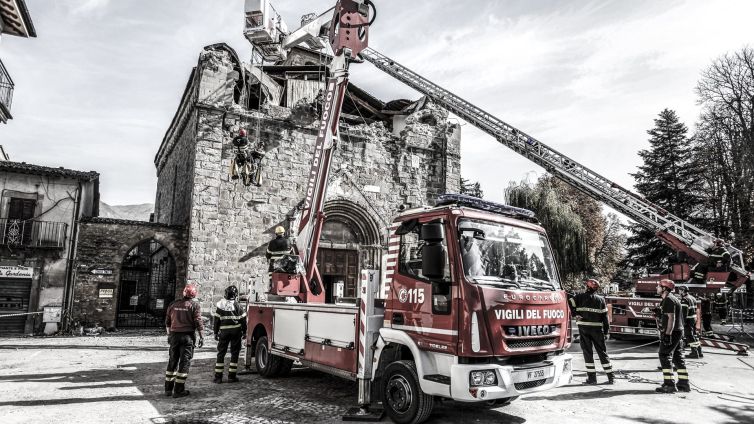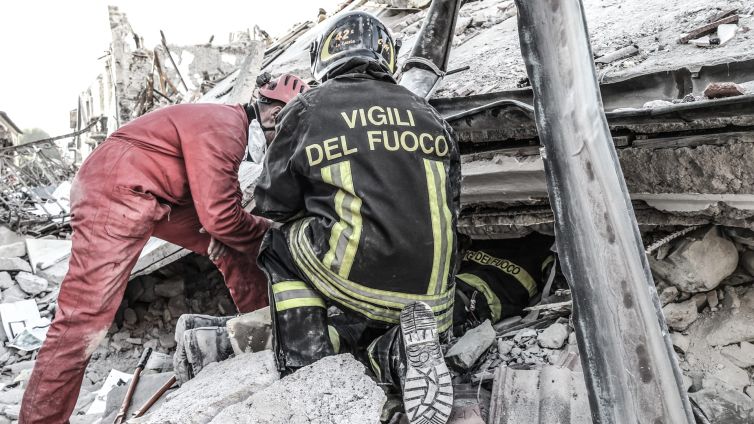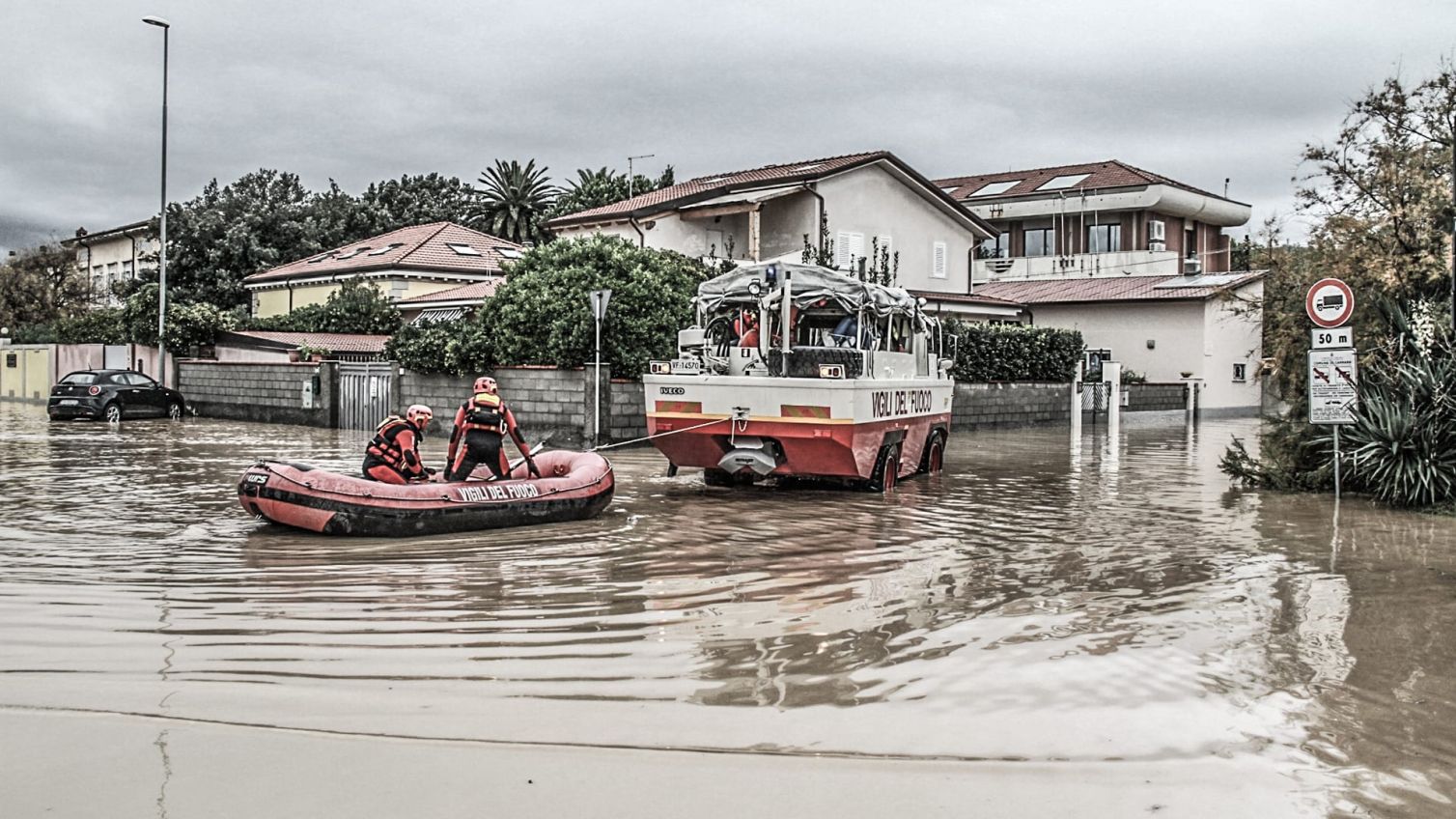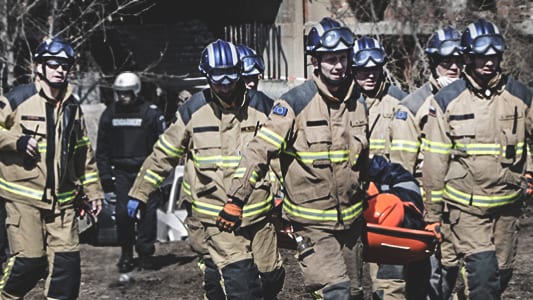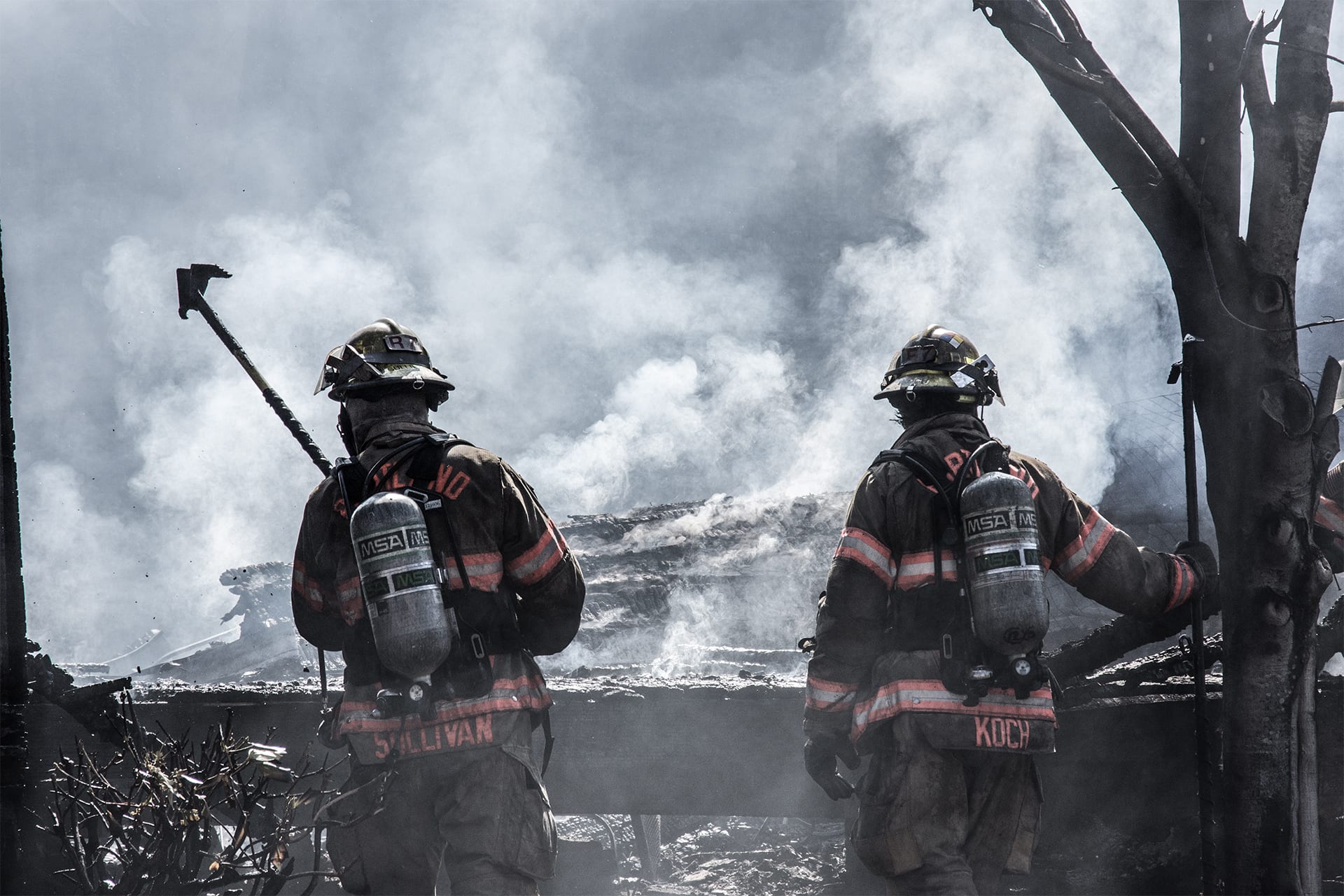What is In-Prep?
Who is it for?
- Sharing response planning across borders and agencies securely
- Communicating relevant information in real time
- Coordinating critical resources
Stay up to date with the project
Want to receive regular updates on the IN-PREP project and related events? Simply sign up for our newsletter using the form.
We use MailChimp as our marketing automation platform. By clicking ‘sign up’ you acknowledge that the information you provide will be transferred to MailChimp for processing in accordance with their Privacy Policy and Terms

Training programme
The IN-PREP programme offers an opportunity for realistic training in joint operational situations. The IN-PREP system will be demonstrated and tested through 3 table top exercises [TTX], 3 demonstrations [demos] and an international workshop. The exercises and demos are designed to evaluate participant response readiness levels and train them to use the IN-PREP system.
The training programme enables joint operational training among a wide variety of civil protection and first responder agencies. It focuses on ensuring that everyone in the chain of command has a clear common operational picture. For example, the crew in the control room has situational awareness of what’s taking place in the field and at each level of the chain. They can then deploy responders on the ground to handle the crisis effectively.
Find more information about TTX and Demos here
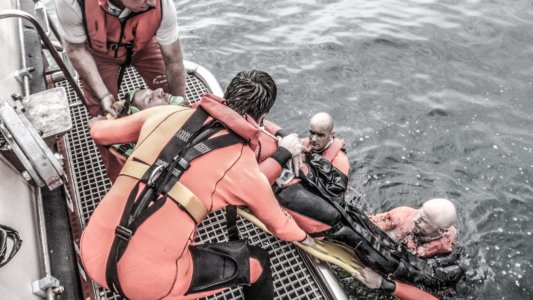
MRPP
IN-PREP Mixed Reality Preparedness Platform is a user-friendly IT training platform for collaborative response planning. Our platform enables interagency training for the entire chain of command. In a training session, a simulated crisis is created and merged into the real world.
The MRPP provides an interactive visualisation of the crisis environment combining both simulated and real data. Features include:
- Decision support capabilities with built-in situational awareness
- Resource allocation in real time
- Rapid remote sensing for quicker response actions
- Large scale evacuation simulation
- Coordinated C2/C3 systems
- Vulnerability and Risk assessment
Watch how to build a scenario on the MRPP
In-Prep Twitter




